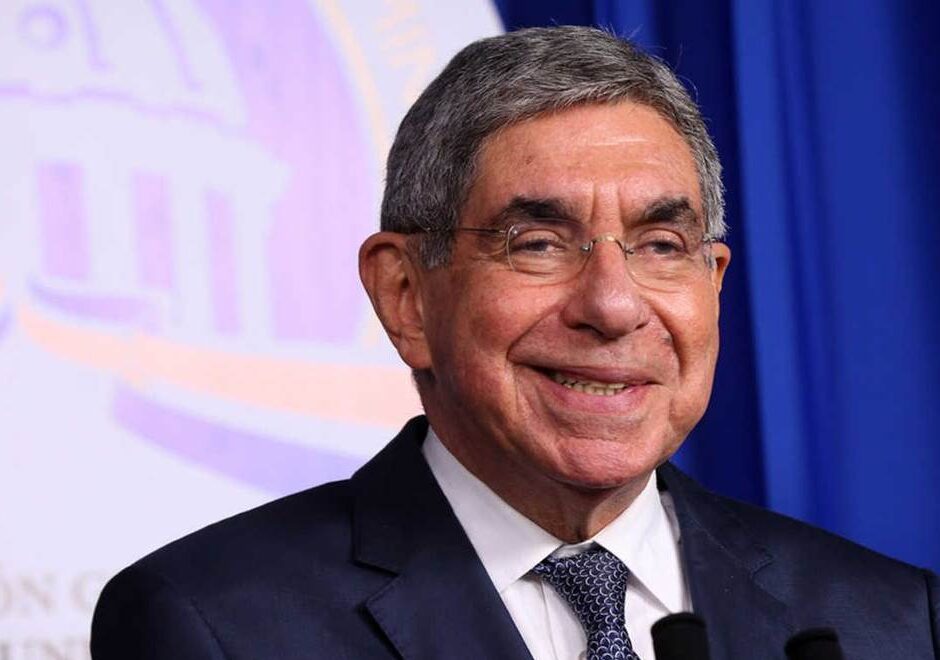Tesla: Protests and Political Controversies Unfold
Recent events have drawn global attention to Tesla, with protests and political maneuvering sparking debates on corporate accountability and political influences surrounding Elon Musk.
Published March 30, 2025 - 00:03am

Image recovered from redstate.com
Tesla, the renowned electric vehicle manufacturer led by Elon Musk, has found itself at the center of a maelstrom of political and social activism. Worldwide protests have erupted, primarily targeting Musk's perceived ties with political figures and his role in governmental functions. These protests, known as the 'Tesla Takedown,' symbolize the intensifying scrutiny and dissatisfaction with Musk's dual role as a corporate leader and political advisor.
Across the United States and Europe, demonstrators gathered outside Tesla's locations, incited by the calls from groups like 'Planet Over Profit.' These demonstrators argue that Musk's influence in politics, specifically through his involvement with the Department of Efficiency Governmental Entity (DOGE), prioritizes personal gain over national welfare. Particularly in New York, hundreds joined the protests, demanding Musk's resignation from political roles and alleging that his actions may skew federal operations towards benefiting the wealthy elite.
In a striking twist, violence and vandalism have marred the peaceful protests, as incidents involving the damage and destruction of Tesla properties have been reported. From molotov cocktails thrown at Tesla showrooms to vehicles set aflame, these violent acts have increasingly become a focus of FBI investigations. The US government has labeled some of these acts against Tesla as domestic terrorism, emphasizing the gravity of the situation.
Elon Musk, in his response to an exclusive interview, has expressed profound shock and dismay at these developments. He attributes the fury directed at Tesla to his proactive measures within DOGE to curb waste and fraud in federal spending. Much of the hostility, Musk asserts, emerges from his association with high-level political decisions during the Trump administration's tenure. Ironically, these efforts aimed at promoting efficiency are now cited as grounds for the public's unrest and vandalism.
The political dimension of this unrest has not gone unnoticed. Musk's allegations that left-wing and Democratic factions are orchestrating these protests further polarize the discourse. Meanwhile, figures like Sean Hannity have echoed Musk's concerns, suggesting that Musk's personal and corporate affiliations have made him a target of politically motivated attacks.
Amid these challenges, some New York Democrat legislators have taken an active stance against Tesla. State Senator Brad Holman-Sigal and Assemblyman Micah Lasher publicly aligned with the protests, proposing legislation to investigate Tesla's use of New York state resources. They hinted at canceling contracts if obligations were unmet, igniting a debate on political targeting and corporate responsibility. Critics argue this move further jeopardizes state employees involved with Tesla projects, emphasizing the act's apparent political motive over practical state governance.
Social media has played a critical role in amplifying these tensions, with debates raging across platforms. While some view Musk as a maverick disrupting political norms, others see him as an oligarch whose unchecked power necessitates public accountability. The ongoing clashes - physically at protest sites and virtually on social media - highlight a broader struggle over how corporate leaders engage in government and the reciprocal repercussions of such alliances.
As the situation continues to unfold, Tesla's fluctuating stock prices reflect the uncertainty surrounding the company's public and political perception. Analysts suggest that Tesla's long-term stability hinges on how well the company can navigate these political and social challenges, potentially redefining the engagement between corporate entities and government moving forward.







